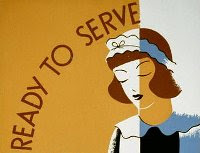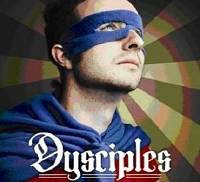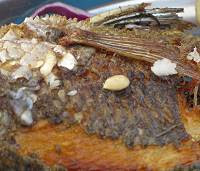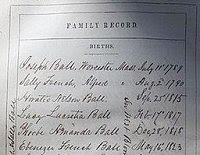I had prepared a topic for today's meeting. We discussed Bernard of Clairvaux's 'Ladder of Love'.

This extract from an
earlier meeting in St Neots gives the background.
Bernard of Clairvaux's treatise 'On Loving God' describes a 'ladder' of love. The steps are first 'loving self for self's sake', then 'loving God for self's sake', thirdly 'loving God for God's sake', and finally 'loving self for God's sake'. The Bishop of Huntingdon, David Thomson, wrote about this recently in his blog. The original passage from Bernard of Clairvaux's work is in Chapter XV.
We began by considering the idea of 'Loving self for self's sake' and agreed that this is always the starting point. Everyone has a built-in urge for self-preservation, we are often selfish (though not always) but even at our best we are likely to avoid danger whenever possible.
'Loving God for self's sake' takes this to a new level. Once we realise that Jesus is able to save us we can begin to love him for our own safety and preservation. Dud mentioned how the world can accuse believers of using their faith as a sort of crutch to lean on. And the world is right! We talked about
how we can know that there is a creator. Something as amazing and beautiful as a bird may engender real wonder in our hearts. Whether we think the mechanism was evolution or a six day period of creation is neither here nor there, the important fact is that we are observing something amazing that cannot be merely accidental. Once we know he is real and is holy, self preservation may be enough to make us cling to him.
Thinking about 'Loving God for God's sake' brought us onto comfortable ground. This is no longer about having our needs met, it's now a matter of understanding what our Father is really like. We read
1 Corinthians 13 (especially verses 4 to 7) and
Galatians 5:22-26. These passages tell us so much about the Lord's nature. They describe the One we love for his own sake.
Then we turned to the most difficult part, 'Loving self for God's sake'. If Bernard had lived in our day he might have called his study a 'four quadrant model'. Effectively he discovered this part by noticing the empty 'quadrant'.
Felix made the point that it's a matter of loving ourselves as God loves us. We
can become the person he wants us to be, and then we are in a place where we can begin to
give love to others. In other words, if Jesus loves me (and he does) who am I to say I cannot and do not love myself? Unless I can accept that I am loved how can I expect others to accept that
they are loved?
As we were coming to the end of the meeting, Dud shared a profound and beautiful picture with us. He saw a person on the ladder, trying to climb to the higher levels. But they were wearing a harness with a loosely held rope attached to it. Right away, he could see that the harness will stop us from falling if we slip. And if we do manage to progress a little higher, the rope will prevent us from going back down again.
We prayed for one another, for continued progress on the ladder and a right mind to see ourselves as the Lord sees us.
 David told the remarkable story of a young girl in Malaysia healed through prayer after a serious accident involving a van.
David told the remarkable story of a young girl in Malaysia healed through prayer after a serious accident involving a van.


















